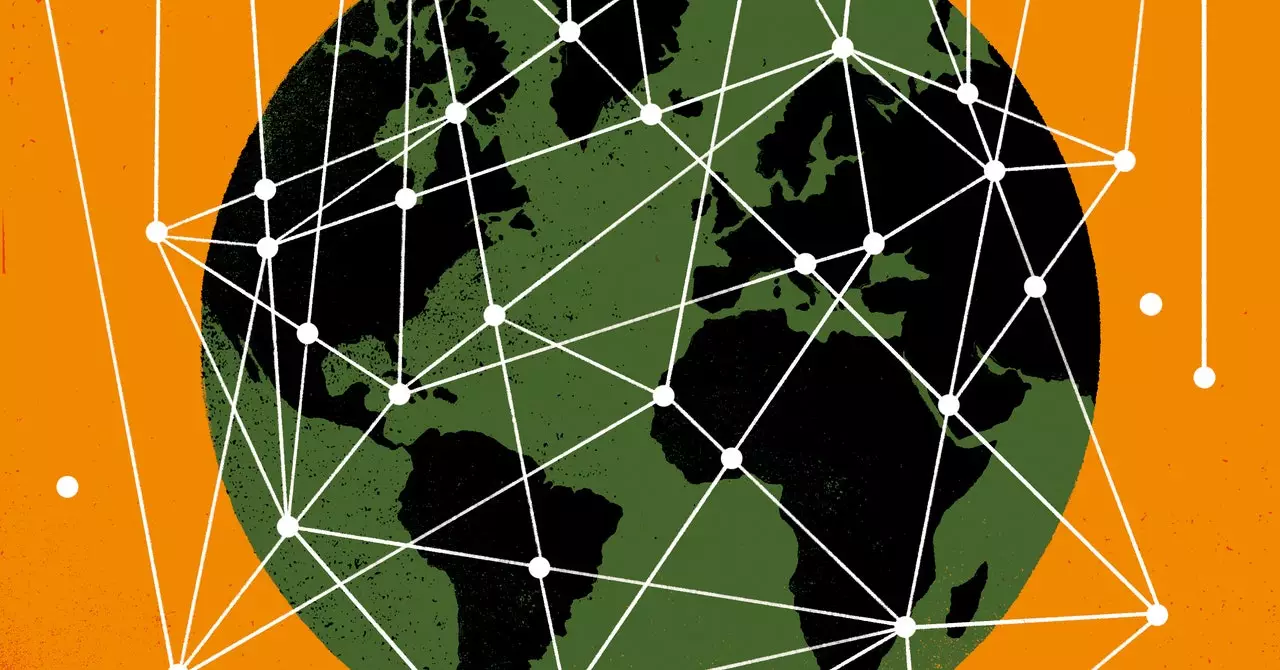As we look toward 2025, the landscape of artificial intelligence (AI) and geopolitics is poised for significant change. The escalating tensions and competition characterizing AI development over the past few years have highlighted the urgent necessity for nations to engage in a collaborative dialogue. While the years following the emergence of advanced AI models like ChatGPT have been marked by both tremendous enthusiasm and palpable anxiety, a prevailing understanding is emerging among global leaders: fostering a cooperative future aligns more closely with national interests than the adversarial approach we have witnessed thus far.
In 2023, a dual narrative unfolded, with record investments pouring into AI technologies, even as cautionary voices from tech industry luminaries, such as Elon Musk and Steve Wozniak, urged restraint. Their open letter advocating for a moratorium on the training of super-powerful AI systems reflects a wider fear that understanding of AI’s impact is not keeping pace with its rapid advancements. This climate of panic and optimism has overshadowed AI discourse, often driving political leaders towards alarming conclusions and fueling an environment of AI nationalism.
AI nationalism is characterized by the view that advancements in AI represent an existential battle rather than a collective opportunity for societal enhancement. Evidence of this nationalism was starkly visible when Chinese President Xi Jinping unveiled ambitions for China to ascend as an AI superpower by the year 2030, as outlined in the “New Generation AI Development Plan.” This plan set ambitious goals for the nation, aiming to reach a “world-leading level” of AI innovation by 2025 and establish itself as a significant hub for AI creativity.
In response, the United States enacted the CHIPs and Science Act in 2022, banning semiconductor exports to China—a strategic move intended to bolster domestic AI capabilities while curtailing China’s technological progress. Following this, in 2024, an executive order from President Biden initiated regulations aimed at restricting American investments in AI projects situated in China. The entirety of this inter-nation rivalry starkly portrays a mindset more concerned with ‘winning’ than collaboratively confronting present and future challenges posed by AI.
To understand how we can navigate the geopolitical intricacies surrounding AI, it is essential to draw parallels with past global tensions—namely the Cold War. During that period, the United States, while striving to solidify its status as the technological leader, approached the cosmos not just as a battleground for militaristic superiority, but as a frontier for exploration. Through a combination of strategic diplomacy and robust political leadership, the US successfully advocated for international treaties that protected space from militarization, reinforcing the concept that it belonged to all humanity.
This spirit of hope and cooperation stands in stark contrast to the current atmosphere surrounding AI. In the coming years, a realignment appears imminent, as nations begin to recognize the harm of isolationism and the potential benefits of collective action.
Looking ahead to 2025, a notable shift is on the horizon. The AI Summit in France, spearheaded by President Emmanuel Macron, is set to be at the forefront of fostering global collaboration over the dire cautions of AI risks. Macron’s commitment to transitioning the conversation from the narrow lens of safety to pragmatic “solutions and standards” signals a desire for constructive discourse, emphasizing not just risk-management but societal advancements stemming from AI innovation.
The United Nations also aims to play a pivotal role in this pivot towards cooperation by working towards democratizing the discussion on AI and ensuring that developing countries have a voice in these vital conversations. Additionally, the tentative diplomatic engagements between the US and China concerning AI indicate a diplomatic thaw—a recognition that dialogue, rather than conflict, may be the most beneficial route forward.
As we approach 2025, the trends suggest that the future of AI will not merely be shaped by competition but will increasingly embrace the ideals of collaboration and diplomacy. The world’s major AI powers seem to be gradually realizing that the cooperative path may, in fact, yield greater security and shared advancement than the entrenched nationalism that characterized the last years. This shift could very well define the next chapter in AI development, leading us toward a future that ideally benefits all of humanity.


Leave a Reply